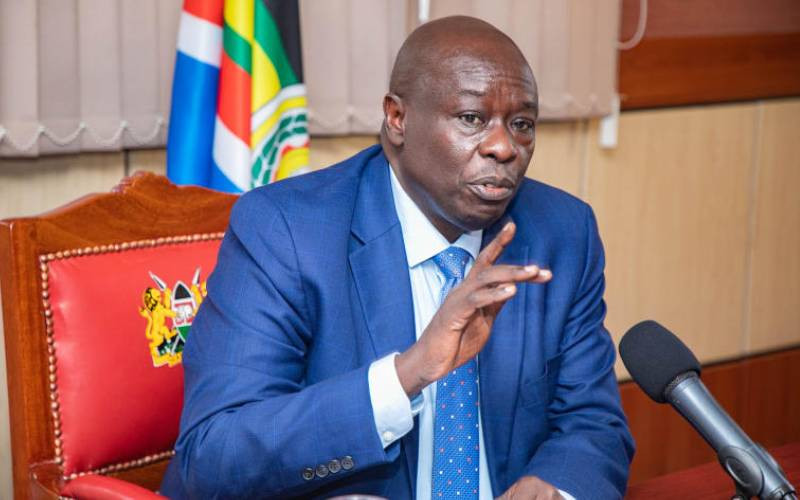- World’s rivers faced driest year in three decades in 2023, UN report says
- Shares of generator maker Generac soar, insurance stocks fall as Hurricane Milton intensifies
- Mike Johnson won't commit to bringing House back before the election for more hurricane relief
- Modeling system could enable future generations of self-sensing materials
- Study identifies key molecular step for division of damaged mitochondria
What do you believe is the single most important factor driving up the cost of living in Nigeria?
Sweden is often viewed as a a liberal utopia in Europe and beyond, with the country of 10.5 million people known for its stable economy, high quality of life, and open and progressive society. That reputation for acceptance and tolerance was manifest in 2014 when asylum-seekers started to arrive en masse in Sweden and elsewhere in Europe from war-torn areas of the Middle East, particularly Syria. At the time, Sweden's then-Prime Minister Fredrik Reinfeldt implored citizens to "show tolerance," telling the public: "I know that this will cause friction. I therefore call on the Swedish people to show patience and open their hearts." Sweden registered 81,301 asylum-seekers in 2014, data shows. By 2015, that number had doubled to almost 163,000 and in November that year, Sweden said it needed "respite."
"It pains me that Sweden is no longer capable of receiving asylum seekers at the high level we do today. We simply cannot do anymore," Prime Minister Stefan Löfven said at a now-infamous news conference which saw the deputy prime minister break down in tears. Since then, Sweden's immigration policy has been on a one-way street. It became tighter under the center-left coalition government in power until late 2022, and even more strict under the current conservative administration led by the center-right Moderate Party but propped up by the far-right Sweden Democrats.
Under the aegis of the nationalist party, Sweden's government has adopted an increasingly restrictive and — critics say — hostile stance when it comes to immigration, reversing years of liberal policy in the area. It says it is implementing a "paradigm shift" in its migration policies as it targets "sustainable immigration." As it stands, around 2.1 million of Sweden's inhabitants, or 20% of the population, were born abroad, with Syria, Iraq, Iran, Somalia and Afghanistan the most common non-EU countries of birth. The current center-right government has announced a raft of initiatives and policies designed to reduce what's known as irregular — or undocumented — immigration. These include far stricter asylum legislation and tougher rules on family members joining immigrants already in Sweden. In addition, the government has proposed new initiatives to deport or repatriate migrants (including using financial incentives) and to increase its powers to revoke residence permits. The government also wants to greatly reduce the number of low-skilled laborers moving to Sweden. It's introducing a new immigration law that only gives work permits to immigrants who earn a monthly salary of at least 80% of the median Swedish salary, which currently stands at 35,600 Swedish kronor (approximately $3,455). The government noted that certain professions, such as domestic care workers, should be excluded from the new requirements, however.















